Nazia Hassan

Subscribe to read full article
This section is for paid subscribers only. Our subscription is only $37/- for one full year.
You get unlimited access to all paid section and features on the website with this subscription.
Not ready for a full subscription?
You can access this article for $2 , and have it saved to your account for one year.
- Born: 3 April, 1965 (Karachi, Sindh, Pakistan)
- Died: 13 August, 2000 (London, England)
- Primary Cinema: Hindi
- Parents: Muniza Basir and Basir Hassan
- Spouse: Mirza Ishtiaq Baig
- Children: Arez Hassan
Pakistani singer-songwriter Nazia Hassan’s freshly original musical style and persona was always seen as way ahead of its time. Regarded as South Asia’s erstwhile Princess of Pop, she was one of the most influential singers of her time, and, along with her brother Zoheb Hassan, sold over 65 million records worldwide. Exploding on the music scene with Aap jaisa koi which was featured in the Hindi film Qurbani (1980), she was just 15 when she won the Filmfare Award for Best Female Playback Singer for the hit song. Her album Disco Deewane (1981), which included vocals by her brother Zoheb Hassan, became the best-selling Asian pop record. It broke sales records in Pakistan and India and even topped the charts in the West Indies, Latin America and Russia, achieving international success. Her subsequent albums were Boom Boom (1982), which was partly used in the film Star (1982), followed by Young Tarang (1984), Hotline (1987), and Camera Camera (1992), which was part of a campaign against drugs. She also appeared in television programmes such as Sung Sung, and Music ’89. A lawyer and social activist, she was also known for her work in the field of philanthropy. She was the recipient of awards such as Pakistan’s Pride of Performance, and the Golden Disc Award.
Born on 3 April, 1965 in Karachi, Pakistan to Basir Hassan, a businessman, and Muniza Basir, a social worker, Nazia Hassan was raised between Karachi and London. Her professional career in music is said to have begun at age 15 when she met film director Feroz Khan at a party in the United Kingdom. Khan requested that she audition for his upcoming film Qurbani with the London-based Indian music composer Biddu Appaiah, who had already made waves with his disco records, including Carl Douglas’ big international hit Kung Fu Fighting (1974). While Qurbani (1980) had music by the well-known composer duo Kalyanji-Anandji, Feroz Khan added the single, Aap jaisa koi, composed for the film by Biddu, and rendered by the teenaged Nazia Hassan. The song instantly became a huge success, bringing Hassan enormous popularity. She even won the Filmfare Award for Best Female Playback for the song; the youngest singer to win as well as the first Pakistani to win the award. Thus did the diminutive, stylish teenage Hassan burst onto the music scene of the 1980s.
Alongside her brother and collaborator, Zoheb, Nazia released the album Disco Deewane (1981), composed by Biddu. It was a massive hit, winning enormous success on both sides of the border, in Pakistan and India. The album is said to have sold out on its release in Bombay. The album charted in 14 countries worldwide, while her successive albums Boom Boom, Young Tarang and Hotline also created significant buzz. Decades later, Nazia’s peppy hit Disco deewane would be reprised in Karan Johar’s Student Of The Year (2012), rendered by Sunidhi Chauhan, and winning a whole new generation of fans.
In films, Hassan next made waves with her song Boom boom in the Kumar Gaurav-starrer Star (1982). Her vocals added a playful note to the story of a struggling musician. Equally, Hassan made waves with her fascinating stage presence. Her televised performances emanated class and sophistication; a rarity back in the day!
Her playback credits include Dilwaala(1986), Ilzaam (1986), Main Balwaan (1986), Telephone Pyar (1987), Then He Kissed Me (1988), Saaya(1989), Princess from Kathmandu (1991), Kariye Pyar Diyan Galan (1994), and Aankhein Churanay Walay (1999).
Along with her brother Zoheb, Hassan also appeared in television programmes. She featured in Sung Sung with music maestro Sohail Rana, a Pakistani music composer, and also hosted Music '89, the pop-music stage show produced by Shoaib Mansoor. Her success played a key role in contemporising and shaping the pop music scene in both India and Pakistan. She willy-nilly launched what would become the indie artist movement in the 90s.
Nazia Hassan enjoyed a decade of limelight. She went on to earn a law degree, was a social activist, worked with the United Nations Security Council, and was involved in many philanthropic activities. One of Pakistan's most popular celebrities, she was also a recipient of Pakistan's civilian award, Pride of Performance.
Diagnosed with lung cancer, she eventually succumbed to it. Nazia Hassan passed away on 13 August, 2000, in London. She was 35.





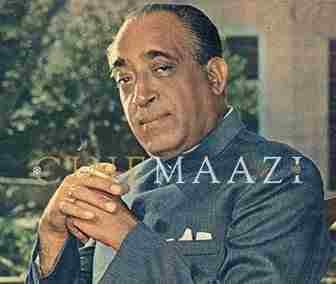

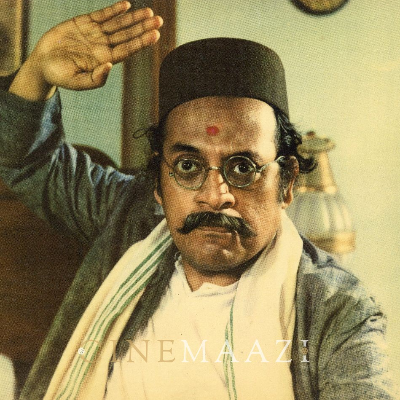
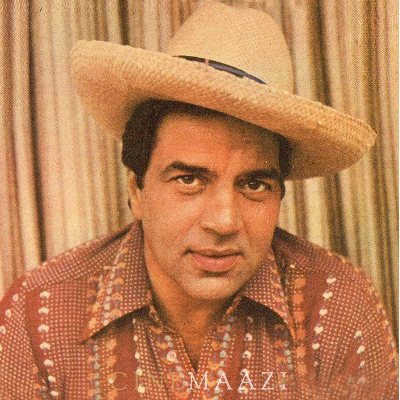
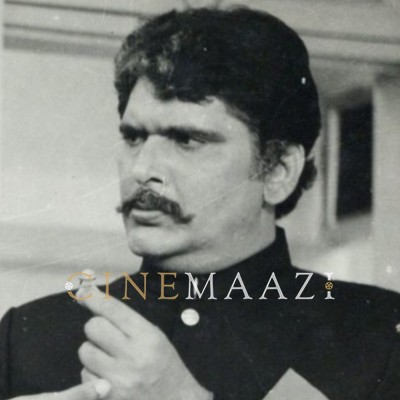
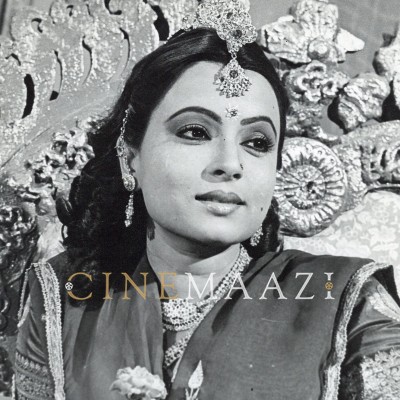

.jpg)



